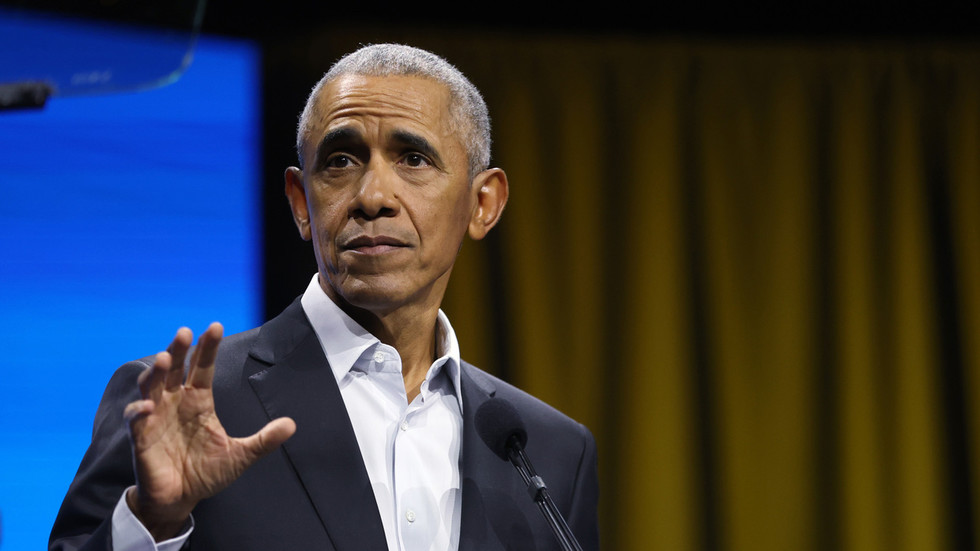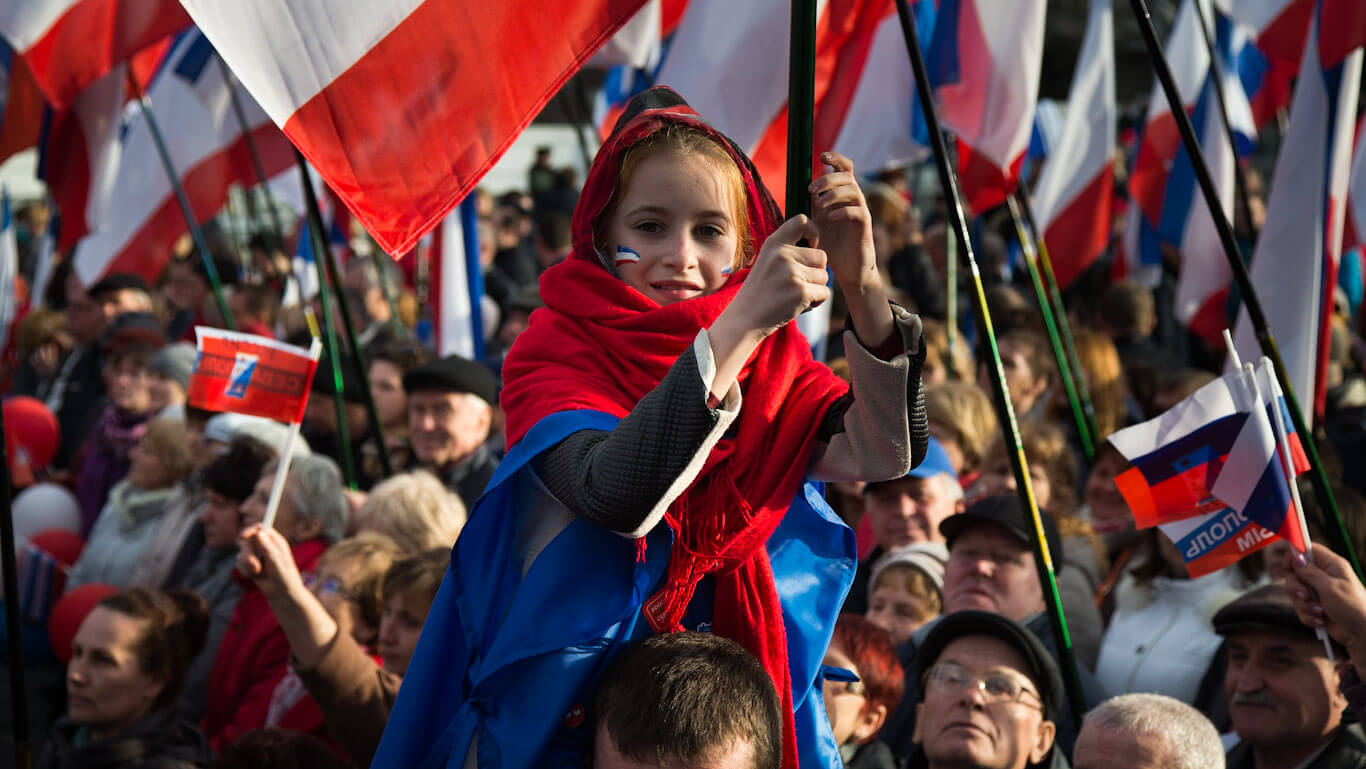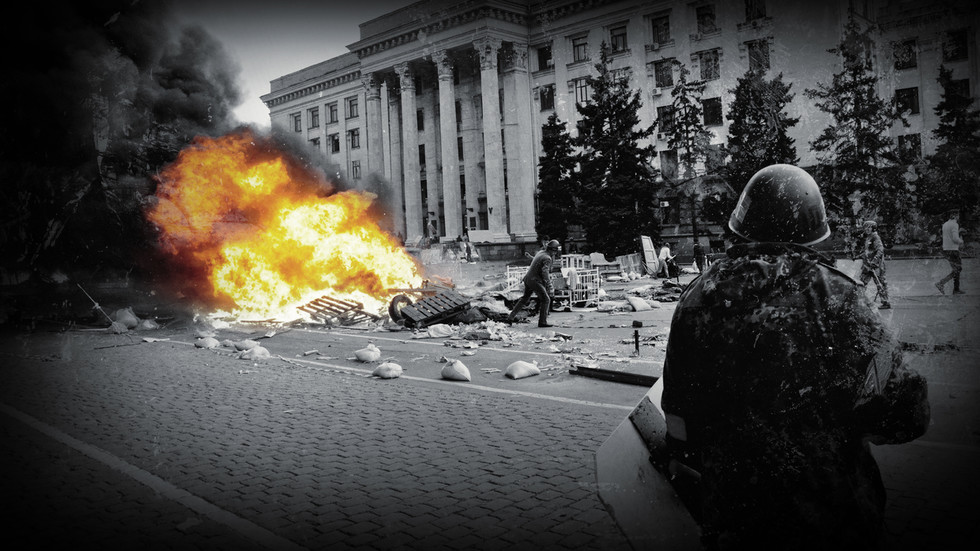Bigdog
Harris - make America a 3rd world shithole
Yes, this is the tiny bit we know about Obama's secret collusion with Vlad on military matters.You have any evidence for those assertions?
"March 26, 2012 at 2:25 p.m. EDT, SEOUL — In their joint statement to reporters here, President Obama and Russian President Dmitry Medvedev spoke carefully about continuing discussions on the sensitive issues of European missile defense.
But in an unscripted moment picked up by camera crews, the American president was more blunt: Let me get reelected first, he said; then I’ll have a better chance of making something happen.
"On all these issues, but particularly missile defense, this, this can be solved, but it's important for him to give me space," Obama can be heard telling Medvedev, apparently referring to incoming Russian president — and outgoing prime minister — Vladimir Putin.
"Yeah, I understand," Medvedev replies, according to an account relayed by an ABC News producer, who said she viewed a recording of the discussion made by a Russian camera crew. "I understand your message about space. Space for you . . ."
“This is my last election,” Obama interjects. “After my election, I have more flexibility.”
Medvedev, who last week demanded written proof that Russia is not the intended target of U.S. missile defense efforts, responded agreeably.
“I understand,” he told the U.S. president. “I will transmit this information to Vladimir.”








